Service departments are the lifeblood of automotive dealerships, and service […]
In the automotive industry, the service department is often a […]
Service Department

We are a group of independent, Fixed Operations Consultants that help dealerships discover & attain their full potential within their fixed operations. Touching, sales systems, employee development, engagement, retention, workflow & shop efficiency, customer experience and all ultimately driven to maximize profitability & ease of operation for parts and service departments.
We have a proven track record of client success with immersive training, “inside the box” processes, & systems. Using gamification and incentive tools to anchor employees within the systems & processes that define success.
We have partnered with hundreds of dealerships around the country. We successfully achieve results for all major manufacturers, foreign and domestic, for both private and corporate auto groups.
Contact us
Email: info@cdci.group
Phone: (503) 913-9736
© 2022 | Website By Wila+Co Consulting | All Rights Reserved. | Privacy Policy


